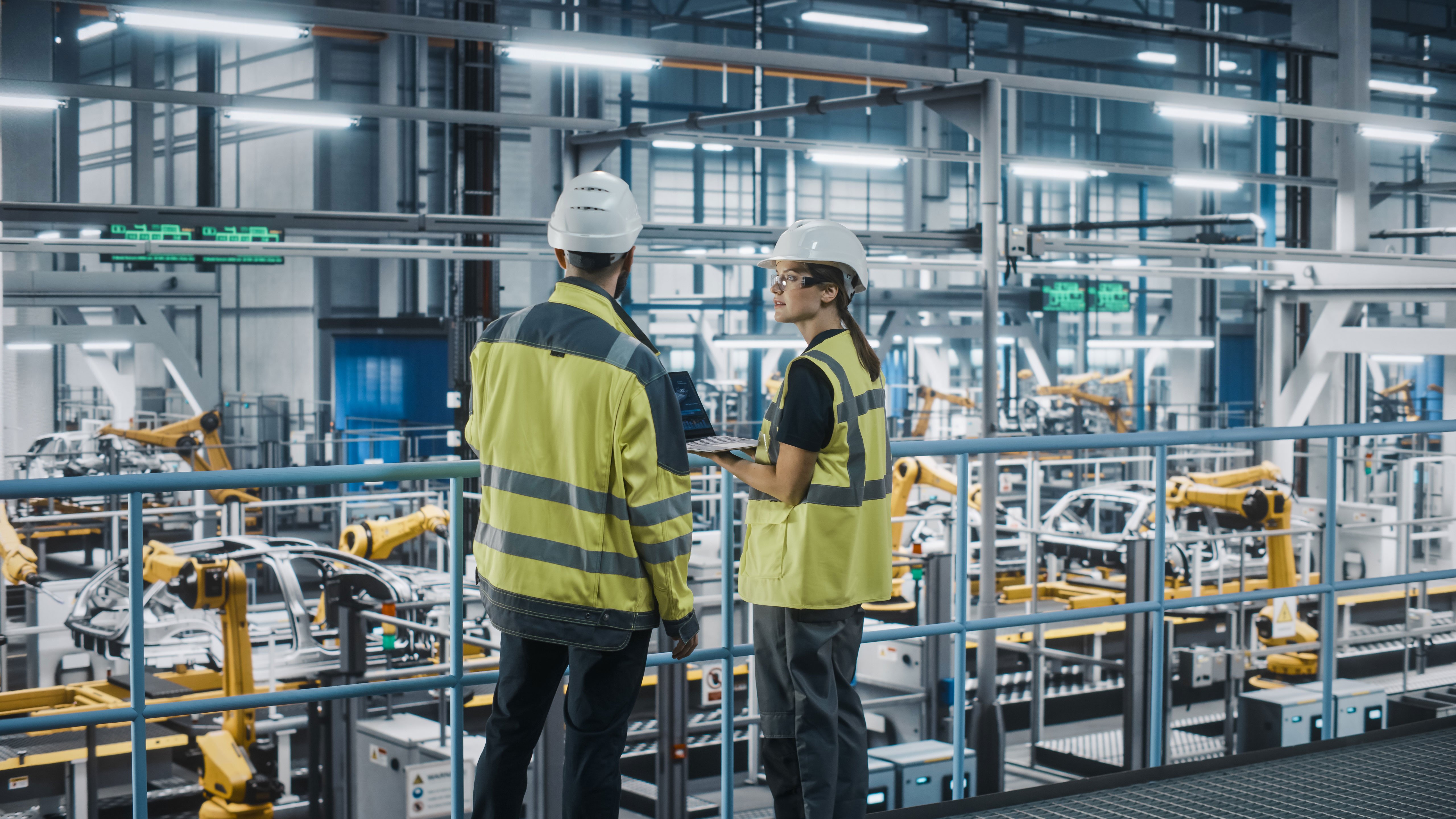It’s incredible to stand back and observe the evolution that’s taken place in manufacturing over the past century. Since the introduction of the assembly line, manufacturers have endeavored to find new ways to produce more with fewer manual inputs. This ambition has led us through a progression of mechanization to automation to, in today’s world, digitalization.
Transformation, therefore, is nothing new – with this wave of change set to define the coming era of manufacturing. The emphasis for manufacturing leaders is to create a smarter, more adaptable production environment. Achieving this requires the development of a highly intelligent and integrated end-to-end production system, as part of a connected enterprise that delivers the business benefits of technological innovation. One that stretches all the way from design and simulation through to automation, operations, and maintenance.
A core part of digitalization is the use of data to bring a more informed, connected experience to each user, spanning end-user customers, plant workers, partners, and other stakeholders across every company’s emerging digital ecosystem.


